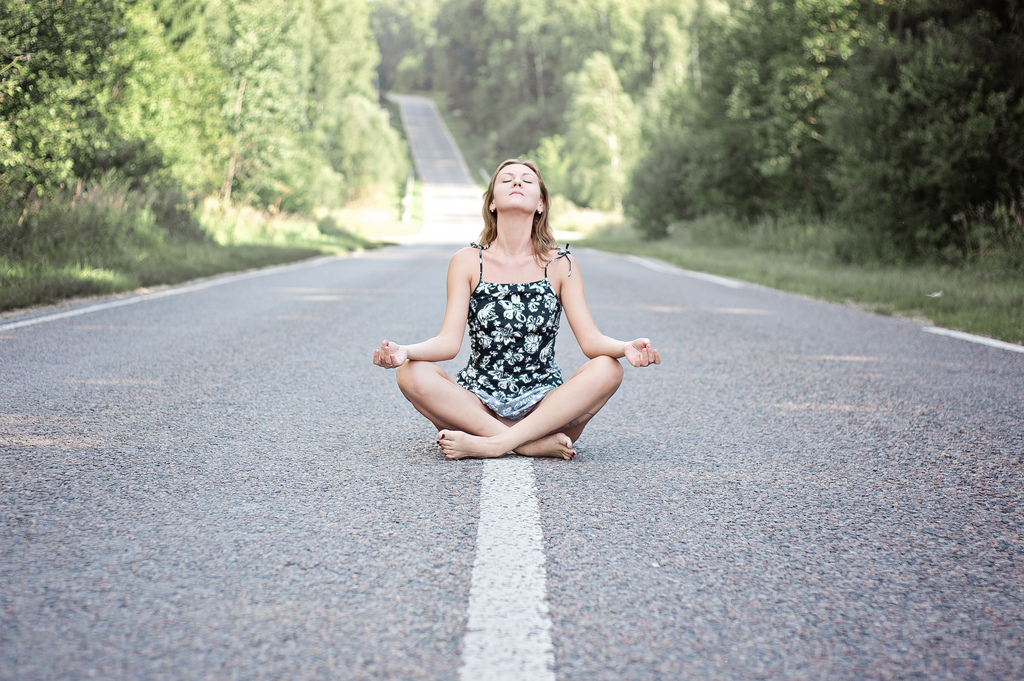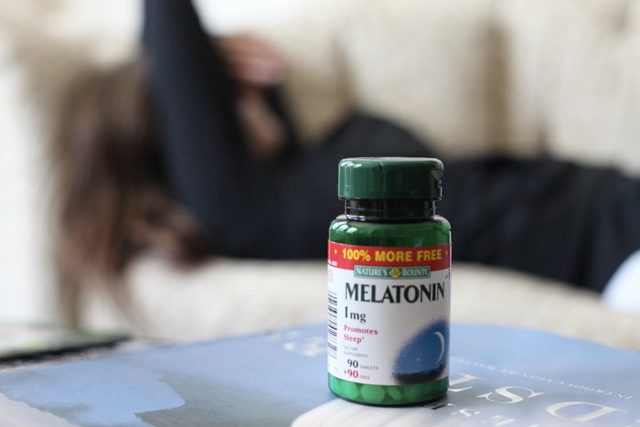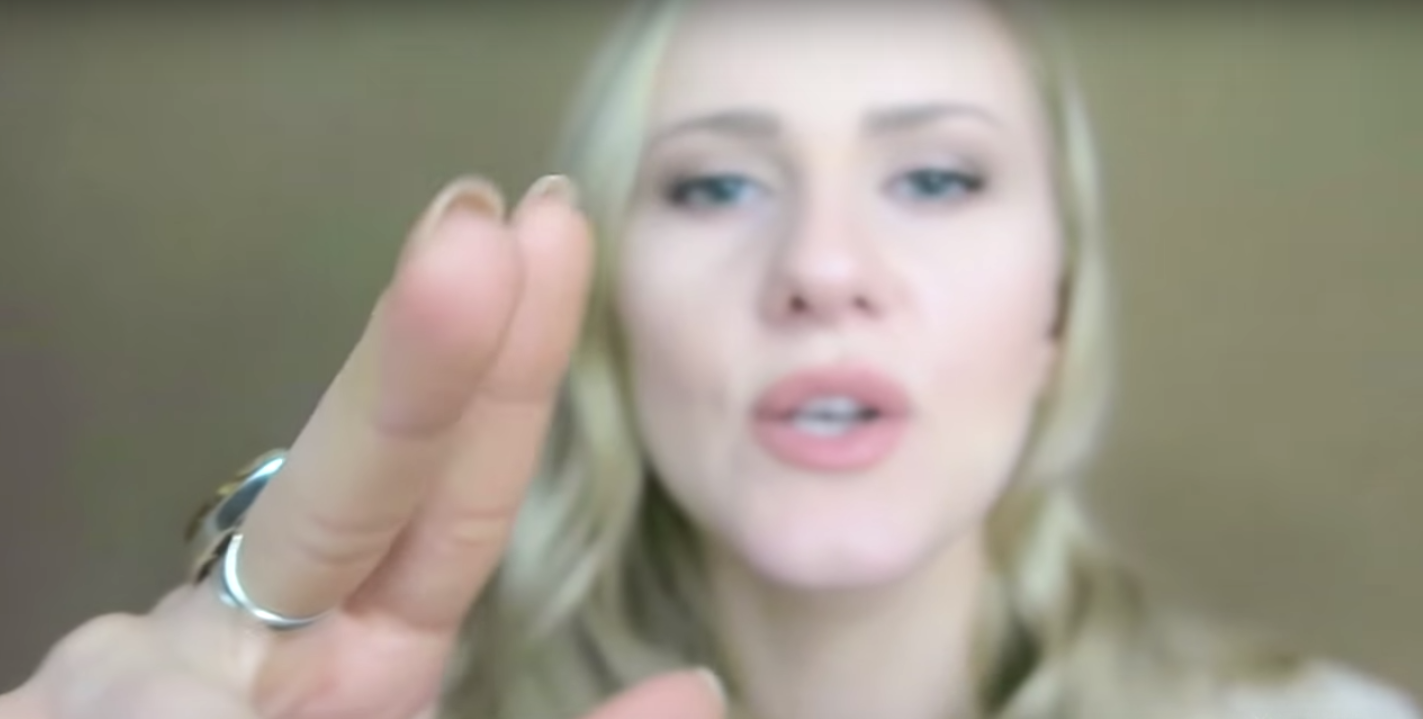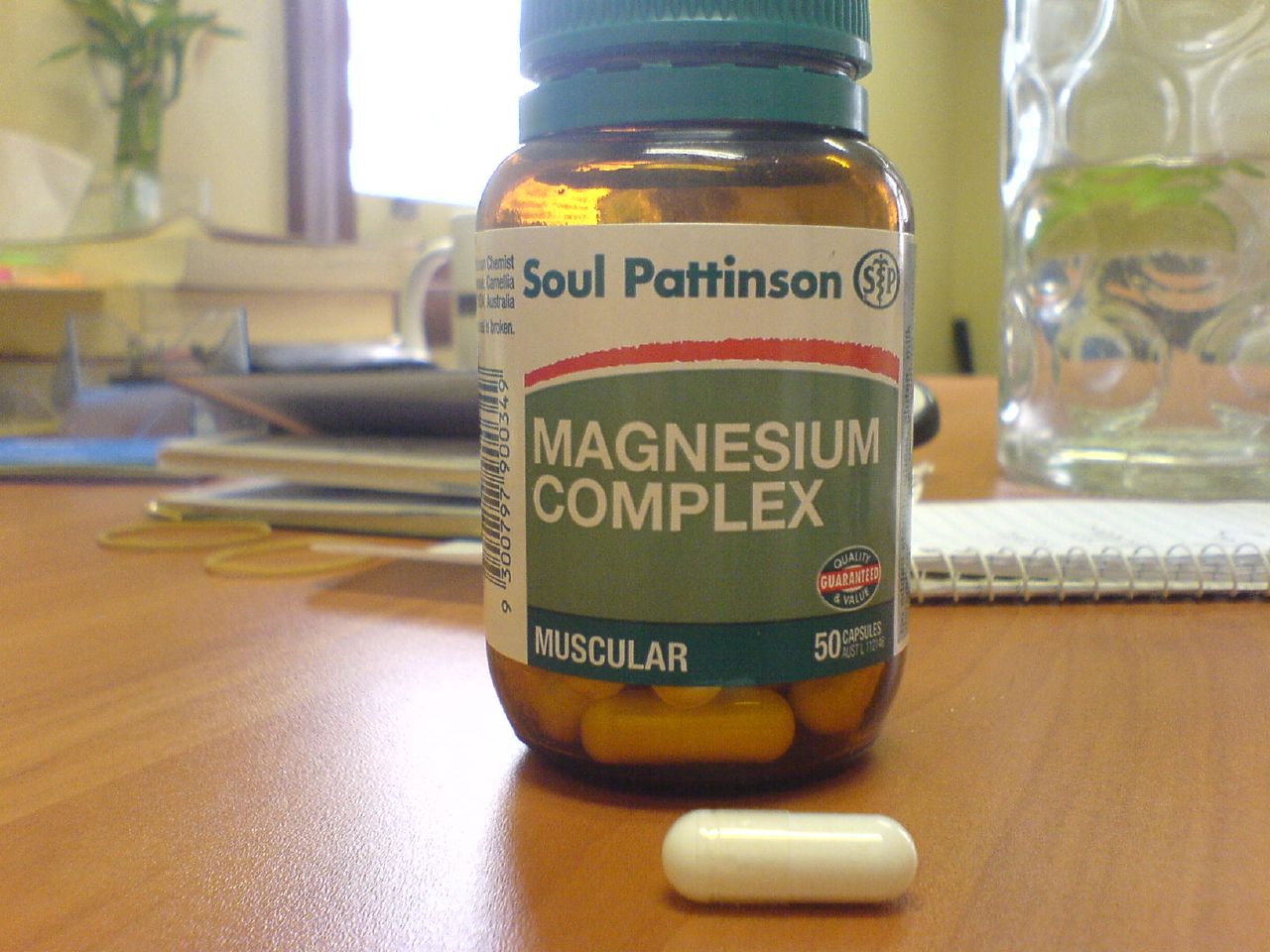5 Ways to Fall Asleep Without a Prescription

By:
There are few things worse than the feeling of being rudely awakened by your alarm after another night of unsatisfying sleep.
Sleep deprivation is cruel, and many Americans aren't getting enough sleep. To deal with that, many turn to prescription drugs in search of quality snoozing: As ATTN: has reported, 9 million Americans used prescription sleeping pills in 2013, according to the Centers for Disease Control and Prevention.
But sleeping pills come with serious side effects. Drugs such as Ambien can cause more harm than good, the FDA has found. This is among Ambien's more serious side effects, according to the FDA:
"After taking Ambien, you may get up out of bed while not being fully awake and do an activity that you do not know you are doing. The next morning, you may not remember that you did anything during the night."
Yikes.
ATTN: spoke with Dr. Terese Hammond, director of the USC Sleep Disorders Center and assistant professor of clinical medicine at Keck School of Medicine, about how to fall asleep without a prescription.
"In general, any medicine, whether it's over the counter or prescription, is a sort of a short-term solution to poor sleep," Hammond said. "We have found repeatedly that the way to improve sleep and address insomnia in adults, is usually some type of behavioral therapy." Basically, if you're looking for better sleep, it's really about fixing your sleep habits than it is finding the right pill.
1. Meditation
 Nickolai Kashirin/Flickr - flic.kr
Nickolai Kashirin/Flickr - flic.kr
When asked if meditation was a good way to seek sleep, Dr. Hammond replied with an enthusiastic, "Absolutely!"
One of the great things about meditation is that it's free, and if you don't know how to meditate, there are apps that can help you out, such as Headspace. "Having a structured mediation time can be very, very helpful," Hammond advised. "That's one of the higher-yield interventions that can be made."
"Mindfulness meditation" in particular is reportedly an effective way to get some sleep. Harvard Medical School reported on a study in the Journal of the American Medical Association (Internal Medicine) that analyzed how two separate groups of sleep-troubled adults responded to mindfulness meditation. The group that used mediation had "less insomnia, fatigue, and depression at the end of ... six sessions."
Mindful magazine provided tips on how to do mindfulness meditation, with actress Sandra Oh demonstrating. It promised that meditation "couldn’t be simpler: Take a good seat, pay attention to the breath, and when your attention wanders, return."
What are the side effects of meditation?
There are a lot of positive things to be said for meditation, but The Washington Post reported on possible negative side effects that aren't widely known. The Post warned of "potential for emotional and psychological disturbance" because "many of us rarely sit alone with our thoughts" and thus might be upset by what we experience when we do. "Don’t consume mindfulness blindly," the paper cautioned.
2. Melatonin
 Michael Reuter/Flickr - flic.kr
Michael Reuter/Flickr - flic.kr
Melatonin is a hormone already present in your body that's produced by the pineal gland. Your internal "body clock" is supposed to secrete the right amount of melatonin throughout your day so that by the time evening comes, you're getting sleepy, according to National Sleep Foundation. (Note: Always consult your doctor before taking supplements, as they can interfere with other medications.)
If your body clock isn't quite working correctly, melatonin supplements may help. But be advised, the Mayo Clinic warns that melatonin could interact with other pills you may be taking, such as blood-thinning medications, or birth control pills.
What are the side effects of melatonin?
"Melatonin in particular is probably the best researched medication," Dr. Hammond tells us. "There are some observational studies that show improvement in sleep and in the amount of time it takes you to fall asleep."
Some of the reported side effects of melatonin are morning grogginess and vivid dreams. Slate devoted an entire piece to the effect melatonin has on dreaming:
"These dreams, I should note, are not just normal dreams kicked up a few notches in intensity. They are a different type of dream — more akin (I am told) to a lysergic hallucination than a typical oneiric vision. My melatonin dreams are bursts of energy and excitement: sometimes fast-paced and fragmented, sometimes lucid and evocative. I have woken up from a melatonin dream with a deeper understanding of a friend or family member, or a great insight into a persistent problem, or that relieved, glazed sensation of stepping off a roller coaster."
3. ASMR videos
 GentleWhispering/YouTube - youtube.com
GentleWhispering/YouTube - youtube.com
ASMR is a fad that's sweeping YouTube. ASMR, which stands for "autonomous sensory meridian response," is a "tingling, static-like sensation across the scalp [and] back of the neck" in response to certain sounds (like someone whispering in your ear) or visuals (like slow, soothing movements). YouTube is brimming with women who churn out ASMR videos that some people swear helps them fall asleep.
You can pop in your earbuds, lay down, and listen to someone virtually cutting your hair, giving you a scalp massage, or putting makeup on your face. The sounds have a weirdly soothing effect. For some, it's so relaxing that it helps them fall asleep.
One ASMR fan told ABC News that watching and listening to ASMR YouTube videos was "one of the most euphoric sensations I've ever felt. I didn't know what it was, but I was hooked. ... My eyes get, you know, heavy. ... My brain relaxes so much, and I get so connected to it, that I just fall asleep. I mean, I just conk out."
Though Hammond was not familiar with the use of ASMR videos, she understands why they could be helpful, but advises people to be careful of using electronics right before bed. It's the blue toned light that comes off of video screens, which affects our natural melatonin levels, and can hinder falling asleep. She recommends using an app like f.lux, which changes the light coming off of your screen from bluish to yellow.
What are the side effects of ASMR?
There really hasn't been enough scientific research on ASMR to determine if it even works, let alone if it has any side effects, positive or negative. One Redditor reported a headache from watching such videos too much.
Some commenters on an informal poll on an ASMR blog reported increased irritation due to the whispering in certain videos. Others said they experienced nausea.
If ASMR videos are too weird for you, try listening to an audiobook. Though there's no scientific evidence of such audio curing insomnia, a few people reported that listening to a book at bedtime.
4. Magnesium
 Mick/Flickr - flic.kr
Mick/Flickr - flic.kr
Some people reported that magnesium supplements work as sleep aids. Paleo Leap reported on a study by the National Center for Biotechnology Information (part of the National Institutes of Health) that found magnesium may decrease cortisol, the stress hormone that can keep you up at night.
The evidence of magnesium as a treatment for insomnia is largely anecdotal. Health.com lists magnesium as a supplement that "may" help you sleep, calling it a "sleep booster."
What are the side effects of magnesium?
Diarrhea, nausea, and other stomach maladies are a reported side effect of magnesium, especially when it's taken on an empty stomach. Dizziness and rashes are other side effects, so magnesium should be not taken lightly.
5. Valerian root
 Franz Eugen Köhler, Köhler's Medizinal-Pflanzen/Wikipedia - wikipedia.org
Franz Eugen Köhler, Köhler's Medizinal-Pflanzen/Wikipedia - wikipedia.org
Valerian is a plant, and an extract made from its roots is the main ingredient in valerian root supplements and capsules. It has long been used as a way to treat insomnia. But the U.S. Department of Health said that evidence of its efficacy is "inconclusive." A study in the American Journal of Medicine in 2006 suggested that "valerian might improve sleep quality without producing side effects." Reviews on Amazon argue that it is an effective cure for restless sleep.
 Amazon - amazon.com
Amazon - amazon.com
What are some side effects of valerian root?
Ironically, 10 percent of people who use valerian find that it actually makes them feel "energized," according to Health.
Ultimately, the best cure for chronic insomnia isn't a pill.
"Most of these pills tend to stop working over time," Hammond said. "Focusing on behaviors is very high yield and has a lot of scientific evidence behind it." Changing your behavior is the best way to ensure good sleep over the long term. Hammond recommends avoiding napping during the day, eliminating caffeine within six hours of bed time, and taking a hot shower before bed.
One last tip: "The bedroom needs to be sequestered for sleep and intimacy. It's really not the place to watch television or do email. It defeats the purpose of going into a protective space where your only intention is to be intimate with your partner or to sleep," Hammond advised. "All those activities should really be done in a separate space. It sounds simplistic. Honestly, sleep is really simple."
